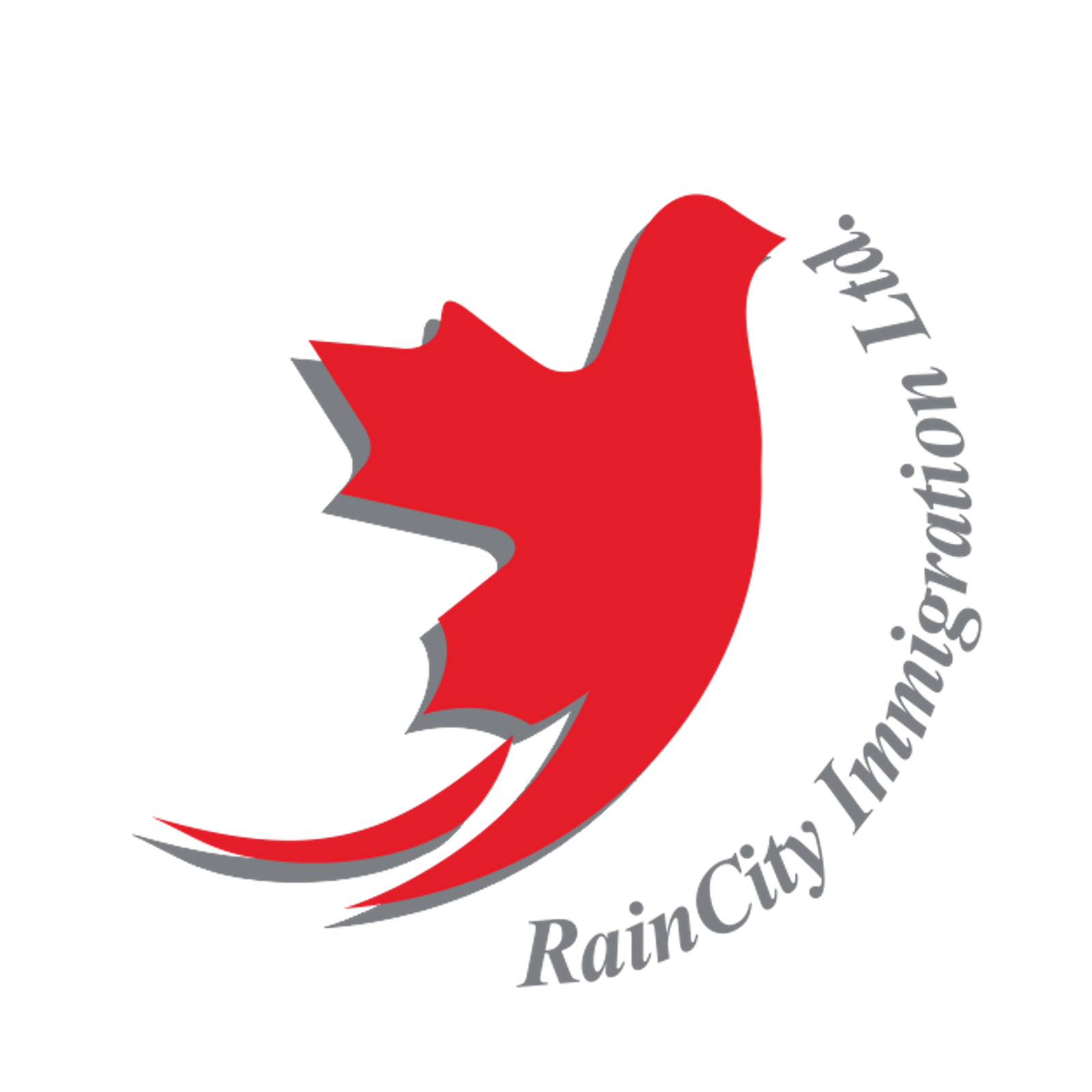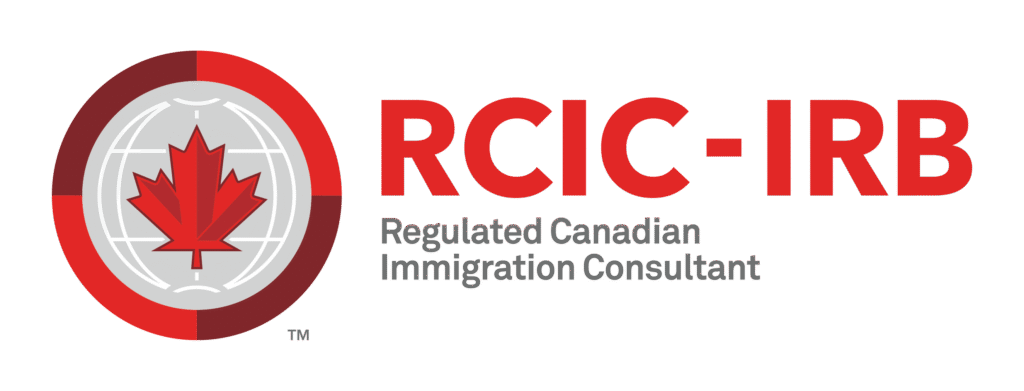Immigration to Canada through French language
Giving extra points to French speakers in the Express Entry system and simplifying the language requirement in the IMP method for French speakers are among the actions that have made it easier to immigrate to Canada through the French language.
The Canadian government’s efforts to attract French speakers to Canada have been more noticeable since 2016 with various programs for immigration to Canada through the French language. The aim is to increase the number of French speakers outside of Quebec to create a balance with the English-speaking population and maintain Canada as a bilingual country.

Work immigration methods to Canada through the French language
Work visa through a job offer
Having a job offer from a Canadian employer outside the province of Quebec in any NOC occupation (except for basic agricultural jobs)
Proficiency in French at an intermediate B1 level in speaking and listening skills
These two conditions are the main requirements for obtaining a work visa and immigrating to Canada through the French language via the Francophone Mobility work permit or the IMP for French speakers.
The IMP method for French speakers is a subset of the Canadian IMP method and is aimed at individuals with an intermediate level of spoken and listening French (B1 and above) so they can secure a job offer without the need for an LMIA from a Canadian employer outside Quebec and obtain a Closed Work Permit to start working. For the next two years, individuals with intermediate French skills can receive job offers in any NOC occupation except for basic agricultural jobs (previously this opportunity was only available for NOC occupations with TEER 0, 1, 2, and 3).
By receiving a job offer and immigrating to Canada through this method, you can gain Canadian work experience and ultimately apply for permanent residency in Canada. Due to your knowledge of French, you will earn an additional 25 points when applying for permanent residency, and if you also know English, this bonus increases to 50 points.
Methods to prove French language proficiency
Obtaining a French language certificate
Several recognized tests for immigration to Canada through the French language include:
TEF
TCF
Having a certificate from a French-speaking college or university
Having proof of studying at a French language institute
Advantages of this method
No LMIA is needed (employers can hire you more easily).
You may not even need to use your French language skills at work.
It doesn’t matter whether your job is in French or English.
After gaining Canadian work experience, you can apply for permanent residency if you’re eligible.
There’s no age limit.
Employers don’t have to hire their workforce exclusively from Canadians.
Francophone Community Immigration Program
The Francophone Community Immigration Class (FCIC) is for newcomers who have at least an NCLC 5 or B1 level of French. This program allows individuals with work experience and skills in occupations needed outside of Quebec to obtain permanent residency.
Terms of participation in this program
Having a valid recommendation from an economic development organization
Having a valid job offer from a designated employer
Having at least 1 year of work experience
Having French language skills at NCLC 5 level (approximately B1) in all areas
Having at least a diploma
Showing intent to settle in designated communities where they will work
Having sufficient funds for 1 year
Quebec Skilled Worker Program
Work immigration to Quebec is for individuals with at least B2 level French who intend to live and work in Quebec. The Quebec Skilled Worker Program currently focuses on three categories of individuals:
Those who studied in Quebec
Those who have a job offer from an employer in Quebec
Those who have worked in Quebec
If you fall into one of these categories, you can participate in the province’s draws by creating an Arrima profile, which is similar to Express Entry but specific to Quebec. If your score meets the cut-off, you will receive an invitation to apply for permanent residency.
Express Entry
Express Entry provides a pathway to permanent residency in Canada for qualified individuals by scoring factors such as language, job offer, education, skills, work experience, and age.
In Canada’s Express Entry system, individuals who know French receive 25 more points than those with the same work and educational background but only English skills, giving French speakers an advantage in gaining permanent residency. Bilingual individuals get an additional 50 points.
By achieving the minimum required score in the Express Entry system, you receive an invitation to apply for permanent residency.
Federal Skilled Worker
If you’re a qualified skilled worker, you can apply through the Federal Skilled Worker or Skilled Trades program. The skilled worker and specialist immigration program is part of the Express Entry system. Knowing French can also give you extra points in this process thanks to your Express Entry profile. In targeted draws in Express Entry, specific jobs are selected based on labor market needs, and if your job falls into one of those categories, you might receive an invitation if your score meets the required threshold.
Federal Skilled Trades
If you’re eligible under the skilled trades category, you can apply for permanent residency through the Federal Skilled Trades Program. The federal program for skilled trades is part of the Express Entry system. Some skilled trade jobs are also included in targeted draws based on market needs, and that’s why your knowledge of French can be an advantage if you qualify for this pathway, boosting your score.
Canadian Experience
The Canadian Experience Class program is suitable for those wishing to gain permanent residency in Canada through French and who are currently in Canada. If you’ve worked in Canada for one year with a valid job offer and actually have Canadian work experience, your French language skills will add to your score, allowing you to apply for permanent residency through the Canadian Experience Class program.
Provincial Nominee Programs (PNP)
Provincial immigration programs attract French-speaking individuals in two ways:
1. Some provinces conduct Targeted Draws or targeted lotteries from the Express Entry pool based on labor market needs within the Provincial Nominee Programs (PNP). French-speaking provinces (like Ontario and New Brunswick) select from the Express Entry pool those who meet the qualifications set by the province, have sufficient French language skills, and score above a certain threshold. If nominated by the province, your score in the Express Entry system increases, raising your chances of approval and obtaining permanent residency.
2. For some provinces, you need to directly express your interest in moving to that province to enter their pool.
How much does having a French language credential or being bilingual increase my score in each province’s skilled worker program?
British Columbia Provincial Program
In the Skilled Worker program of British Columbia, if you have a CLB 9, you can earn the maximum language score (i.e., 30 points). If you’re proficient in both English and French and score CLB 4 or higher, you get an additional 10 points.
Alberta Provincial Program
In the Alberta Skilled Worker program, if you’re bilingual, you can earn up to 4 points for your second language.
Saskatchewan Provincial Program
The Saskatchewan Skilled Worker program awards up to 10 extra points for bilingual individuals.
Manitoba Provincial Program
In Manitoba’s Skilled Worker program, having a second language (English or French) with a CLB of 5 or higher gives you 5 points.
Ontario Provincial Program
If you know both English and French, in the Ontario provincial program, you’ll receive 10 points, and if you only know one language, you’ll get 5 points.
Interestingly, Ontario has a special program for French-speaking immigrants: the Ontario French-speaking Skilled Worker program.
Nova Scotia Provincial Program
In Nova Scotia’s Skilled Worker program, if you know a second language, you can earn up to 4 points.
New Brunswick Provincial Program
In New Brunswick’s Skilled Worker program, if you can score CLB 5 or higher in all aspects of a second language (either English or French), you’ll receive 4 points.
New Brunswick has also designed a special program for French-speaking immigrants.
Prince Edward Island Provincial Program
In Prince Edward Island’s provincial program, knowledge of French or English can earn you up to 8 points under specific conditions.
Prince Edward Island has created a special pathway for French-speaking immigrants.
Northwest Territories Program
The Northwest Territories program offers 4 points for second language proficiency (French or English) at CLB 5 or higher in all skills.
The Northwest Territories has also established a special immigration program to increase the French-speaking population.
Yukon Provincial Program
If you know both English and French, with your second language at a CLB 5 or higher across all skills, you’ll get 4 points in the Yukon provincial program.
Case study on the impact of French language and various factors on the CRS score for obtaining Canadian permanent residency:
Samira, 26 years old with a bachelor’s degree, is looking to obtain permanent residency in Canada. In addition to an IELTS score of 5, she has CLB 7 in French and has received the following scores in the TEF test:
Speaking: 310
Listening: 249
Reading: 207
Writing: 310
Samira does not have any immediate family in Canada and is single. She has 3 years of work experience in Iran and no work experience in Canada but has received a job offer from a Canadian employer in TEER 1.
Samira’s score in Express Entry is 440, which is relatively low.
If Samira has a master’s degree
In this case, Samira’s score is 467, which is still relatively low.
If Samira has 1 year of Canadian work experience
In this case, Samira’s score is 518, which is a relatively good score.
Samira can improve her score by enhancing her French language skills.
If Samira gets CLB 9 and has no Canadian work experience
Samira’s score in this case is 573, which is a good score and offers her a high chance.
The minimum scores required for CLB 9:
Speaking: 371
Listening: 298
Reading: 248
Writing: 371
What if someone is older?
Imagine Samira has the following situation:
34 years old
CLB 7
Single
1 year of work experience in Canada (and naturally a job offer in Canada)
Master’s degree
IELTS 5
No immediate family in Canada
3 years of work experience in Iran
Samira’s score in this case is 530, which is considered a good score and gives her a high chance.
Studying abroad in Canada in French
If you have a TCF or TEF certificate and a B2 level in French in all four language skills, you can study in French in Canada. Even if your language level is B1, some universities like Sherbrooke University or UQAM may give you a conditional admission for certain programs. Just don’t forget that for some master’s programs, you need a C1 level in French.
If your study permit is for studying in French, based on the policies Quebec is trying to implement, you might be able to get permanent residency more easily. It is possible to study in French in all provinces and territories of Canada.
Frequently asked questions
How is the family accompanying visa obtained for family members under the French-speaking IMP method?
Your spouse, common-law partner, or dependent children can apply for an open work permit if they want to work in Canada and meet the eligibility criteria. Your dependent children can go to school or university in Canada.
How long will it take me to reach a B1 level in French?
According to CIEP data, you will need about a minimum of 350 hours to reach a B1 level in French from scratch. If you dedicate 2 hours a day to studying French, it will take you about 6 months.
Does knowing French help in getting permanent residency in Canada?
Yes. Learning French increases your chances of getting permanent residency in Canada by earning points in the Express Entry system. Since French is one of Canada’s official languages, knowing it can demonstrate your ability to integrate into the Canadian community. Holding a French language certificate is a factor that can boost your score in certain immigration pathways, especially now that the Canadian government is looking to increase the number of French-speaking immigrants, improving your chances of immigrating to Canada and obtaining permanent residency.
What level of French is required for immigration to Canada?
In some pathways, there is no need for French language knowledge, but for others, like the Quebec program, you should have at least a B2 level. Generally, having a CLB 7 for the FSWP or CEC programs can increase your Express Entry score by up to 25 points, and if you’re proficient in both French and English, you’ll receive 50 points in this system. Currently (in 2023), the government has lowered the French language requirement to CLB 5 in some immigration pathways to boost the number of French-speaking immigrants and maintain Canada’s status as a bilingual country.
What is the French language test for immigration to Canada?
The TEF or TCF exam is suitable for economic immigration programs that require language skills. For obtaining Canadian citizenship, holding a French language certificate is essential, and you can use the TEF exam.
Do I need to know French to immigrate to Canada?
If you wish to settle in Quebec, you need to know French. Knowing French, given the new government policies aimed at increasing the French-speaking population, can give you extra points in some immigration pathways and make the process of getting a visa and achieving permanent residency smoother.
Is it worth learning French to go to Canada?
Learning French not only helps you gain more points for immigration to Canada but also makes it easier for you to find a job in Canada. Since Canada is considered a bilingual country, many employers prefer candidates who are proficient in both English and French.

